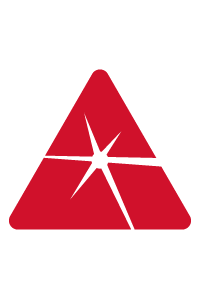Product Code: JLA_16_1_31
Authors:
T. M. Yue
C. P. Chan
L. J. Yan
H. C. Man
Advanced Manufacturing Technology Research Center, Department of Industrial and Systems Engineering, The Hong Kong Polytechnic University, Hung Hom, Hong Kong
Excimer laser surface melting of the aluminum alloy 8090 has been conducted with the aim of improving the intergranular corrosion resistance of the alloy. Both the results of the electrochemical and the intergranular corrosion cracking immersion tests show that the laser treatment significantly increases the intergranular corrosion resistance of the alloy, especially when the material is treated in nitrogen gas. The improvement in intergranular corrosion resistance is considered to be primarily due to the elimination of grain boundary Cu enriched precipitates in the laser-melted layer, which has effectively prohibited intergranular corrosion cracking. Besides, the reduction of Cu and Fe enriched constituent particles increases the pitting corrosion resistance of the alloy. As a result, a reduction in corrosion current density of one order of magnitude has been obtained for the laser-treated material. Moreover, a strong passivation has been obtained for the N2-treated specimen. This is attributed to the presence of the chemically stable AlN phase in the laser-melted layer. The analysis of the electrochemical impedance data shows that the polarization resistance (Rp) of the laser-treated specimens is at least two orders of magnitude higher than that of the untreated specimen; while the double layer capacitance (Cdl) is about one order of magnitude lower. © 2004 Laser Institute of America.

$25.00
Members: $25.00
Note: When applicable, multiple quantity discounts are applied once the items are added to your cart.
